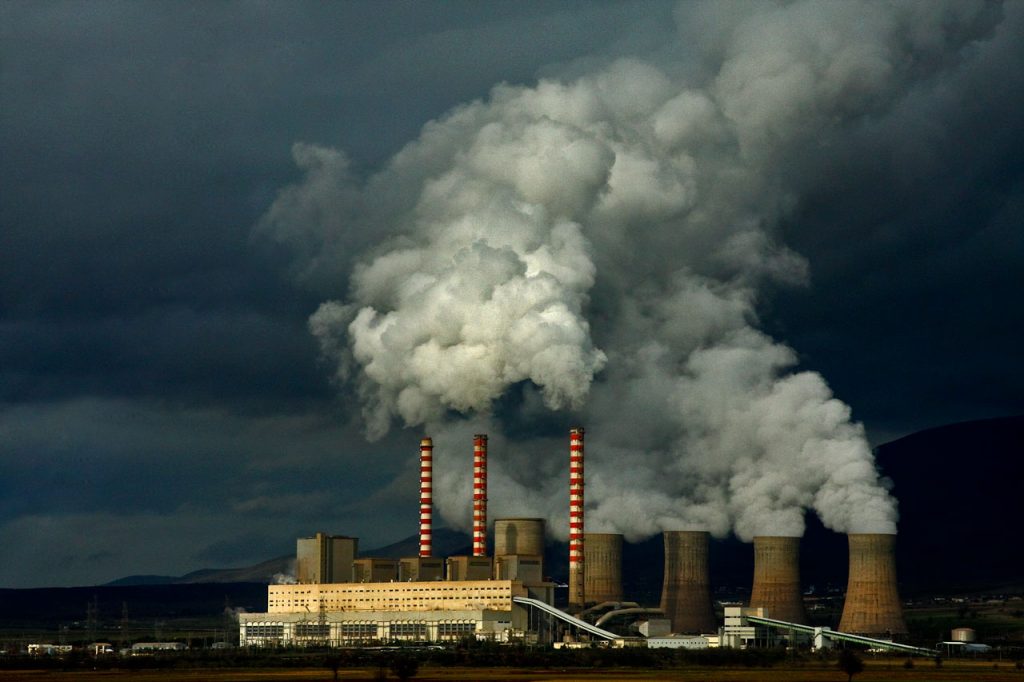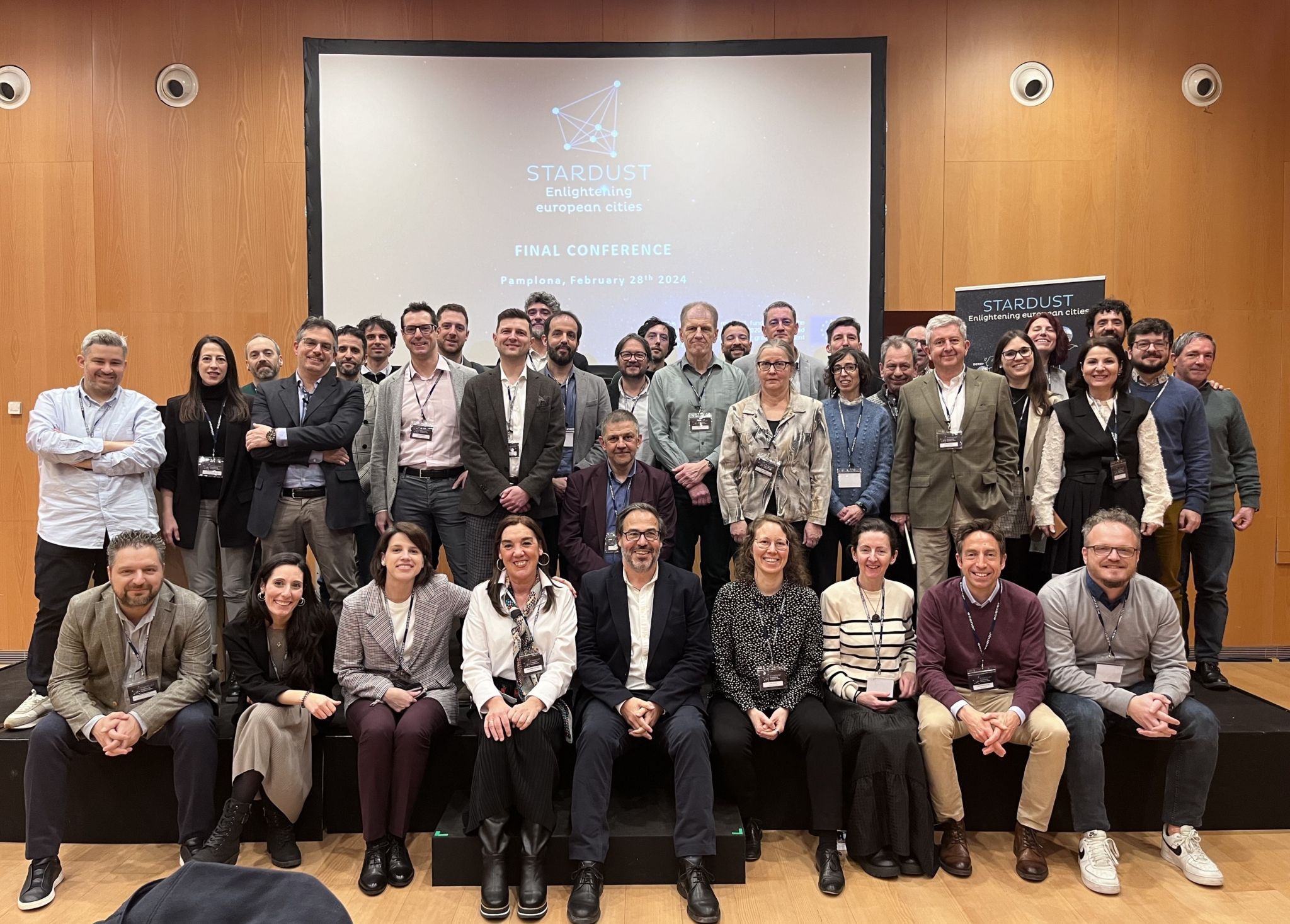Western Macedonia has grown in the last century mainly due to its coal deposits. Lignite mines and power plants were important local employers. The regional capital, Kozani, is still the leading energy producing area of Greece. It provides around 50% of the total country’s power, via lignite combined heat and power units. Now the city is at a turning point for the future of its ageing coal-based energy infrastructure, which is also a CO2 producer.
In September during the United Nations Climate Action Summit in New York, Prime Minister Kyriakos Mitsotakis pledged to phase out all coal-powered electricity production by 2028, making Greece a pioneer in the Balkans where this mineral mainly plays a central role in the energy mix. “Our goal is to close all lignite-power plants by 2028 at the latest, despite the fact that we remain a big producer of brown coal,” he said.
Western Macedonia authorities had already decided to turn to a cleaner energy supply. According to the commitment made to the European Commission (EC), enshrined into the national energy and climate plan, the region pledged to produce energy with zero CO2 emissions by 2050. It involves phasing out all the coal mines in the area and finding alternative energy solutions to supply the district heating network.
“This is even a more urgent and demanding problem to be solved than the production of electricity,” concedes Ioannis Fallas, director of the Cluster of Bioeconomy & Environment of Western Macedonia. The non-profit entity aims at reinforcing the smart, bio, green and circular economy in the region and the neighbouring areas, with the help of the local stakeholders.
One way out could be the building of a biomass plant, although Kozani cannot rely only on this source, due to its size. “Diversifying the energy mix is the way to approach the future. It is a very dynamic process, new things appear all the time in this domain and we have to adapt to them. We need to work with the startups, with the universities and research institutes to widen our horizons, to develop new business based on new knowledge,” says Fallas.
However, to ensure an easier transition to a clean energy economy, some challenges need to be overcome. They are related not only to the technology, but also to society. The region has been supplying lignite to the energy industry for more than seven decades, enough to shape a specific coal oriented mentality of the local population. “It seems to be very difficult to persuade employees, miners, engineers that this specific activity will stop,” states Fallas. If the support consists in an early retirement bonus for the generations close to retirement age, then the younger generations will need to learn a new profession.
The authorities promise to help vulnerable groups, to bring new industries into the area and to turn the region into a development hub. Kozani municipality is designing a strategy to achieve the following: implement a fair transition towards less polluted energy provision, which includes waste management, energy saving transport, building retrofitting, smart street lighting systems, enhancement of the historic heritage of the city, focus on digital education to bring young people from elsewhere to the region.
Some steps toward the transition to low carbon have already been made. According to Konstantinos Kyriakidis, vice-mayor of local development and entrepreneurship of Kozani municipality, three municipal buildings and three schools have been retrofitted and equipped with photovoltaic systems (PV). The municipality itself has acquired electric cars and provided five charging stations for the citizens. “As a metropolitan municipality for this region, we cooperate with other municipalities and different stakeholders in order to collect good ideas that can be implemented or adapted to our city, in the field of building retrofitting, PV systems or e-mobility,” states Kyriakidis.
A new industry for the near future would be related to hydrogen production, which seems to be a profitable fuel for buses or trucks covering long distances. It can also be used on an industrial scale, as a compound of other chemical materials.
“We have proposed a redrafting of the national policy concerning energy, in order to radically change the way we produce energy in this country. The Bank of Greece estimated that no action will cost us 700 million euros by 2100,” stressed Lazaros Maloutas, the mayor of Kozani, adding that a relevant budget must be allocated for that.
Some of the money may come from local funds and from the national budget, as the plans to phase out the coal mines have the support of Greece’s Prime Minister. But Western Macedonia is one of the pilot coal regions in transition backed by the European Union, so an important aid package is expected from Brussels, not only in terms of money, but also in terms of policies and solutions.
Against this backdrop, Kozani is one of the ‘follower’ cities within the EU project STARDUST. The project is aimed at replicating smart city strategies, business models and technical innovations in energy, mobility and ICT tested in the three ‘lighthouses’ Pamplona in Spain, Tampere in Finland and Trento in Italy. The other follower cities are Derry in Northern Ireland, Litoměřice in the Czech Republic and Cluj-Napoca in Romania.
Finally, another possibility is attracting private funds or concluding agreements with international organisations such as European Bank for Reconstruction and Development or European Investment Bank. “In a procedure that started two years ago, the European Commission hired the World Bank to analyse our regional assets with the local stakeholders, our capabilities, possible future energy resources, alternatives to compensate for the loss of energy, jobs and income during this transition process . Now we have a map of our resources and the power plants that have to be decommissioned,” explains Ioannis Fallas.
Clear measures and a timely plan toward total decarbonisation of the local economy are to be designed. A roadmap should be outlined towards the end of the year, when the government presents the “new ambitious national strategy for energy and climate”, which was announced by Prime Minister Mitsotakis in his speech at the United Nations.
By Sorina Buzatu
03 October 2019


